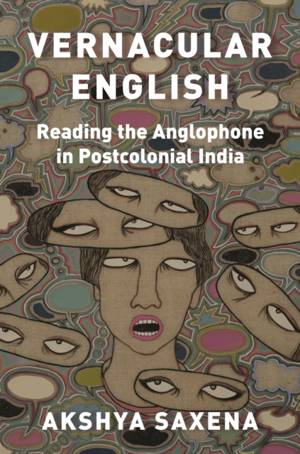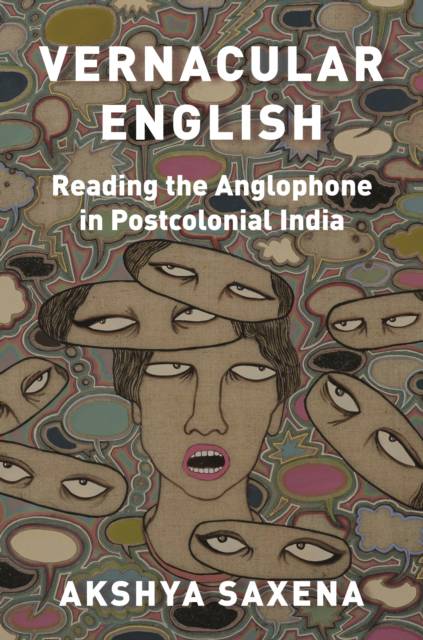
- Retrait gratuit dans votre magasin Club
- 7.000.000 titres dans notre catalogue
- Payer en toute sécurité
- Toujours un magasin près de chez vous
- Retrait gratuit dans votre magasin Club
- 7.000.0000 titres dans notre catalogue
- Payer en toute sécurité
- Toujours un magasin près de chez vous
50,45 €
+ 100 points
Format
Description
How English has become a language of the people in India--one that enables the state but also empowers protests against it
Against a groundswell of critiques of global English, Vernacular English argues that literary studies are yet to confront the true political import of the English language in the world today. A comparative study of three centuries of English literature and media in India, this original and provocative book tells the story of English in India as a tale not of imperial coercion, but of a people's language in a postcolonial democracy. Focusing on experiences of hearing, touching, remembering, speaking, and seeing English, Akshya Saxena delves into a previously unexplored body of texts from English and Hindi literature, law, film, visual art, and public protests. She reveals little-known debates and practices that have shaped the meanings of English in India and the Anglophone world, including the overlooked history of the legislation of English in India. She also calls attention to how low castes and minority ethnic groups have routinely used this elite language to protest the Indian state. Challenging prevailing conceptions of English as a vernacular and global lingua franca, Vernacular English does nothing less than reimagine what a language is and the categories used to analyze it.Spécifications
Parties prenantes
- Auteur(s) :
- Editeur:
Contenu
- Nombre de pages :
- 232
- Langue:
- Anglais
- Collection :
- Tome:
- n° 45
Caractéristiques
- EAN:
- 9780691223131
- Date de parution :
- 01-03-22
- Format:
- Livre broché
- Format numérique:
- Trade paperback (VS)
- Dimensions :
- 231 mm x 155 mm
- Poids :
- 340 g

Les avis
Nous publions uniquement les avis qui respectent les conditions requises. Consultez nos conditions pour les avis.






